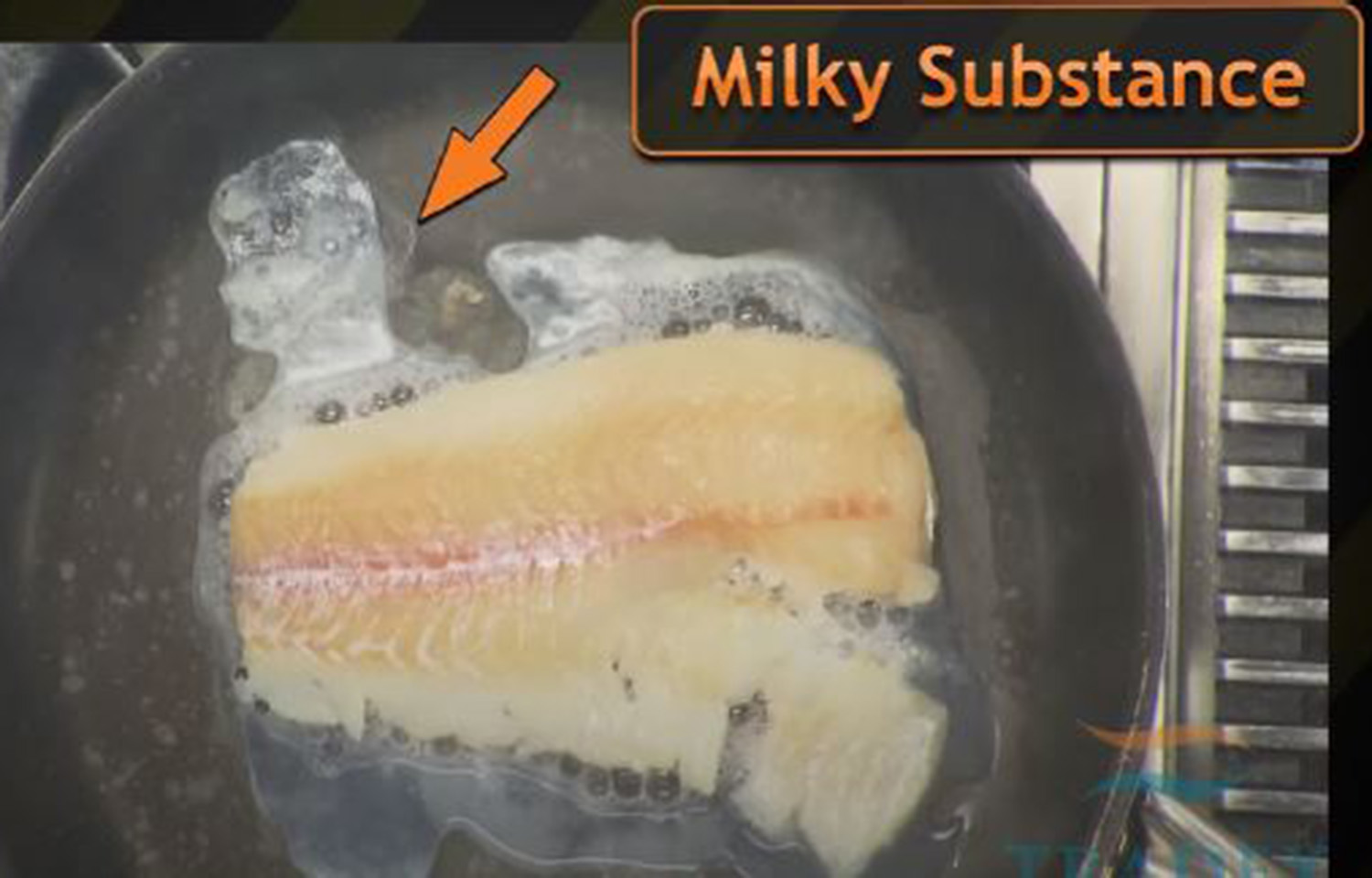A class-action complaint against Conagra claims the manufacturer of Van de Kamp and Mrs. Paul’s frozen fish products artificially adds weight to fish via overglazing.
Filed in the U.S. District Court for the Northern District of Illinois in Chicago on 11 June, the complaint estimates total claims, if awarded, will likely exceed USD 5 million (EUR 4.6 million).
The complaint, brought by two consumers who have purchased Mrs. Paul’s and Van de Kamp’s products in the U.S. states of New York and Massachusetts, alleges Conagra “pumps up” its fish with the industrial filler sodium tripolyphosphate (STPP) and extra water to artificially add weight, “which may then ooze out as a white goo when the fish is cooked.”
“STPP, a suspected neurotoxin, is typically used to manufacture things like rubber, paint, and antifreeze. STPP also is used by unscrupulous businesses in the seafood industry to engage in short-weighting. That is the case here,” the complaint said.
Conagra, which labels its products as “100 percent Whole Fish” misrepresents the weight of seafood products through overglazing or soaking, according to the complaint.
“When a processor uses excess ice (overglazing) or additives (soaking) and includes that weight with the net weight of the seafood, that’s a violation of the law,” the complaint said. “Consumers should pay for the weight of the seafood alone. Short-weighting charges consumers more for less seafood.”
STPP can be used for short-weighting because STPP-treated fish is stored in an soaking solution, which encourages cells to soak up water. The water retention makes the fish heavier when weighed, according to the complaint.
The amount of extra weight added by STPP processing varies depending on the concentration of the solution, but the average is 13 percent, according to the plaintiffs.
Additionally, excessive STPP treatment destroys the quality of the protein during the cooking process and can create a “soapy” flavor and mushy texture, the complaint alleges.
The products listed in the complaint – Van de Kamp’s Crispy Battered Fillets, Crispy Haddock Fillets, Crunchy Breaded Fillets, Beer Battered Fillets, and Van de Kamp’s Fish Sticks, as well as Mrs. Paul’s Crispy Battered Fillets, Crunchy Breaded Fillets, Beer Battered Fillets, Lightly Breaded Haddock Fillets, and Fish Sticks – have only one mention of STPP on their packaging, showing each contains “sodium tripolyphosphate (added to retain moisture).”
“[It is] buried in fine print in a manner meant to ensure that as few consumers as possible ever see it, with the reference itself being misleading,” the complaint said.
The lawsuit also alleges the products’ health and sustainability claims are misleading due to the use of STPP. The statements, “good for you,” “good for the environment,” “sustainable,” “traceable,” and “wild-caught” on the back of the packages reinforce the notion that the products are 100 percent whole fish, without fillers, as they portray the fish as coming from the wild and that they are natural, good for the environment, and good for consumers' health, according to the complaint.
“But, STPP and added water pumped into the fish at defendant's processing centers do not come from the wild, are not healthy, are not good for the environment, and, certainly, are not themselves ‘fish,’” the complaint said.
A Conagra spokesperson said the company ...








